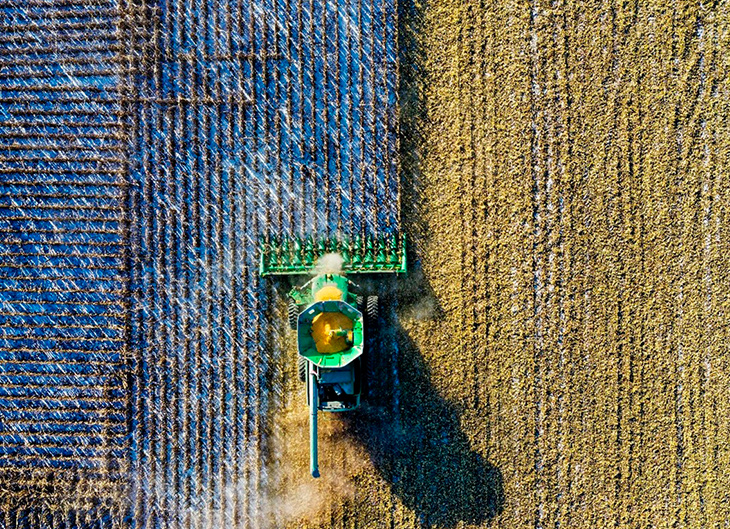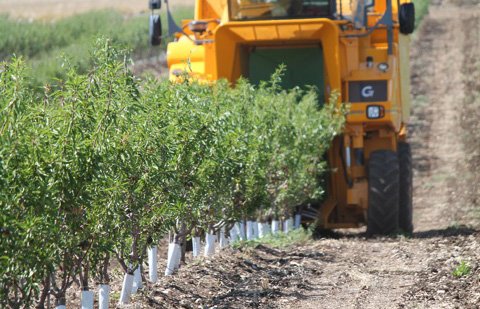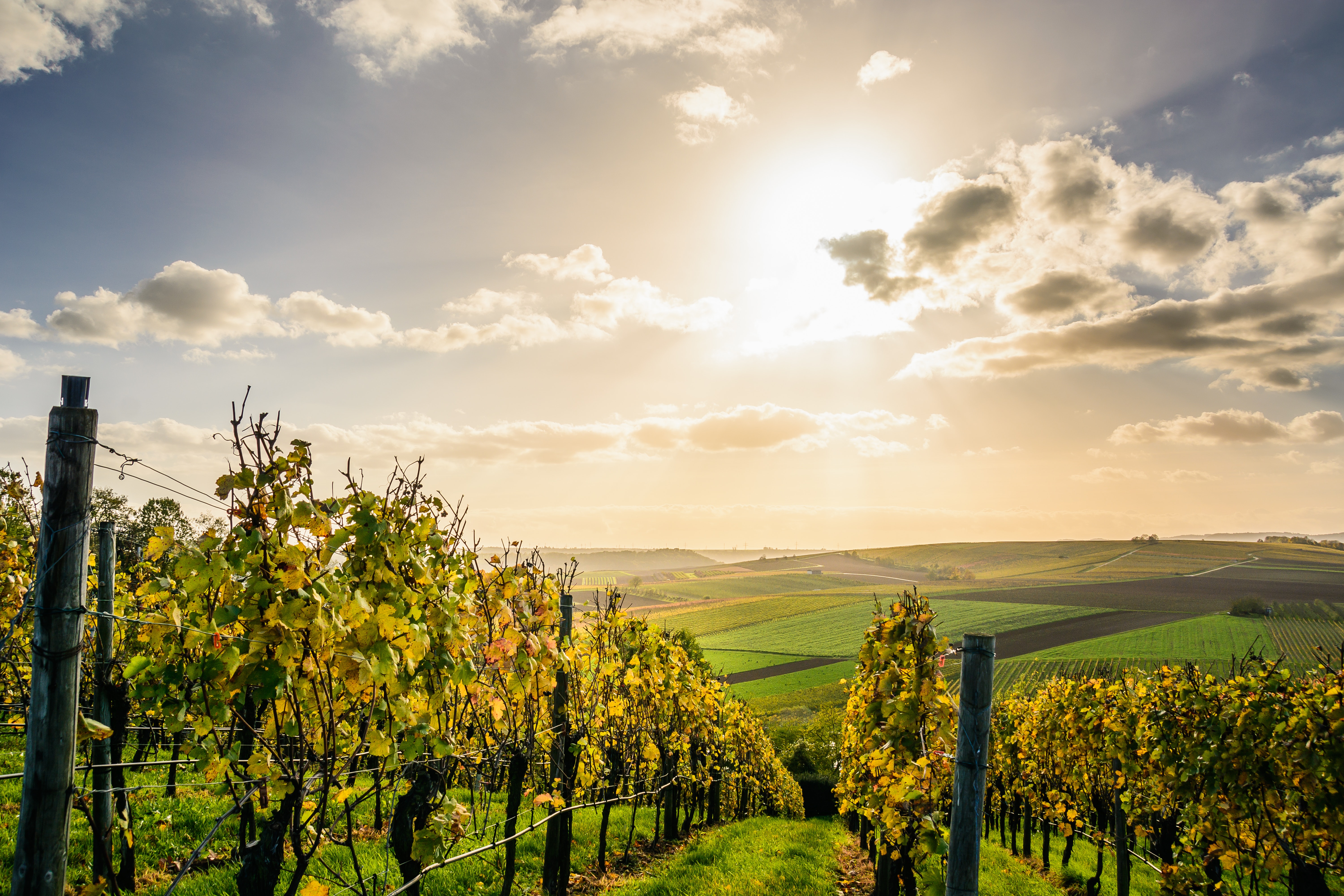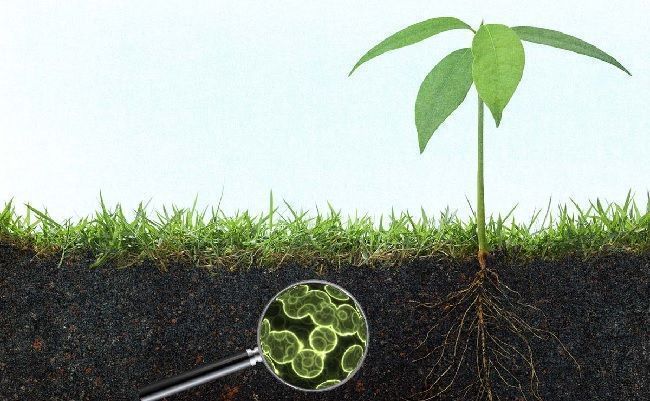
EU reaches agreement on CAP reform
After 42 hours of negotiations, the member countries of the European Union have reached agreement on the reform of the Common Agricultural Policy, known as the CAP. The agreement had the only vote against Lithuania and abstentions from Latvia, Bulgaria and Romania. This reform will be responsible for regulating the European countryside between 2023 and 2027.
With this agreement, the ministers of agriculture of EU countries give the go-ahead to the three basic pillars of reform: the National Strategic Plans, the regulation on aid financing and the common organisation of markets.
Following the Council’s agreement, the European Parliament plans to vote on the reform as a whole today. Subsequently, the Council, the European Commission and the European Parliament will end the negotiation of the regulations, which should be concluded early next year, after which the process of approving the regulations will be completed and States will have to finalize their national strategic plans to be approved by the European Commission prior to their implementation.

This reform will have 390 billion euros of European budget, of which 47,724 will go to farmers and ranchers in our country, a sum similar to that of the period 2014-2020. The Spanish Minister of Agriculture, Fisheries and Food said that this is a balanced proposal that will respond to different sensitivities, although this is an imperfect but very good approach.
One of the main innovations is “eco-ecosystems“, an instrument that will serve to encourage agricultural and livestock practices that have a more beneficial impact on the climate and the environment. Countries have supported that they are mandatory for Member States and volunteers for farmers and ranchers. In addition, they advocated for 20% of direct payments to “eco-systems”. The agreement provides flexibility for member states to apply it. These are additional regimes that add to the mandatory ‘green’ conditionality for access to basic income and also to the environmental actions of the second pillar.
In this regard, the new CAP sets as its main objectives to improve environmental protection and the fight against climate change, to promote the development of sustainable energy and to efficiently manage existing resources. The contribution to improving ecosystems, protecting biodiversity and preserving habitats and landscapes has also been highlighted.
Furthermore, it must be assessed that the extension of vineyard planting rights beyond 2030 (the date on which the current system expires) as requested by Spain and France has finally been included in the agreement.





